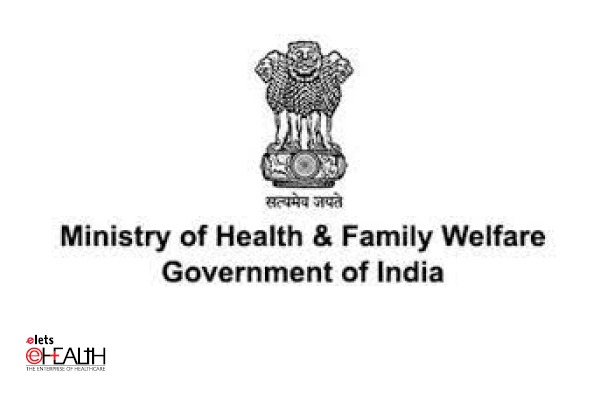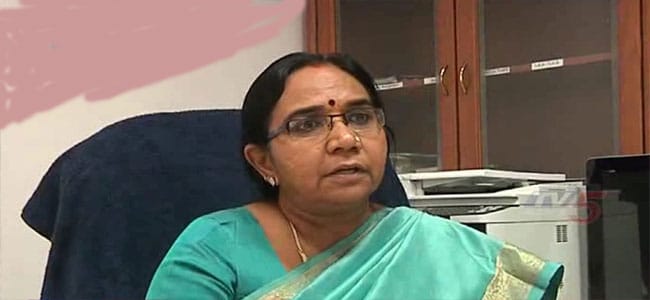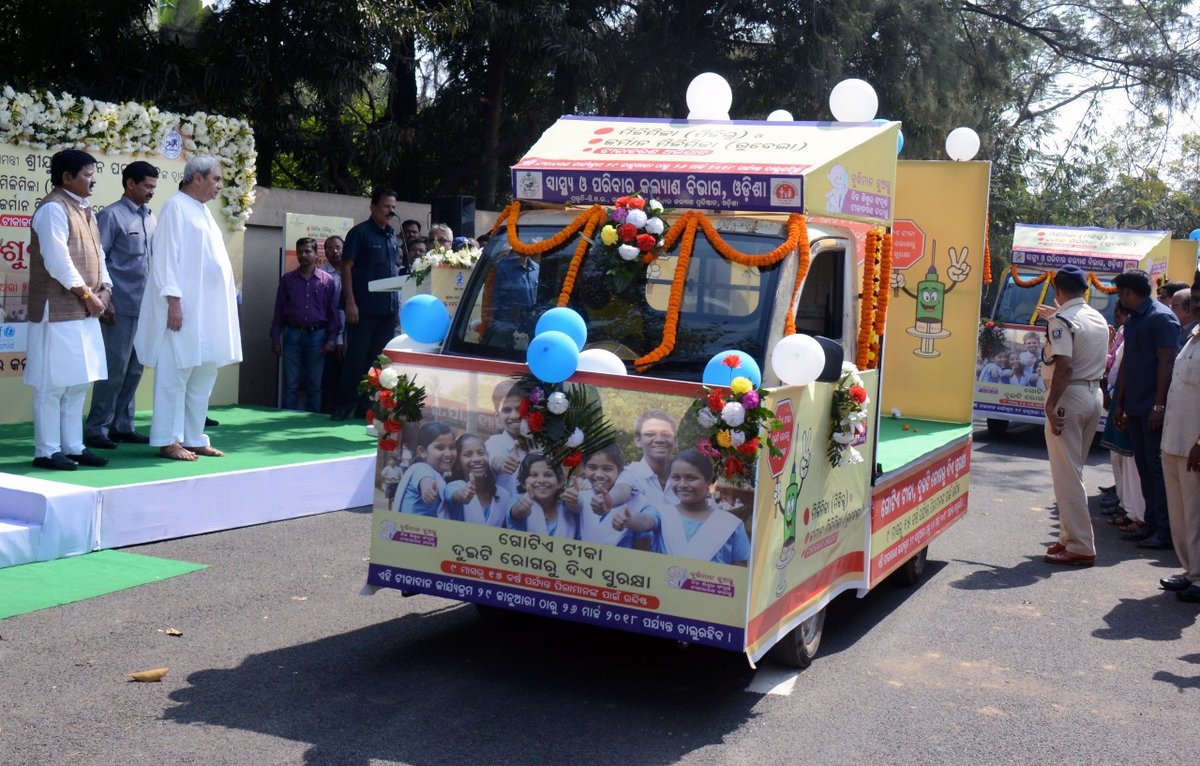
Foreigners coming to India to have babies delivered by surrogate mothers will not be able to do so on ordinary tourist visas from 1 November, the home ministry said on Thursday.
The ministrys directive is likely to hurt the largely unregulated commercial surrogacy practice in India, which is worth about $2 billion a year, according to an estimate by lobby group Confederation of Indian Industry (CII).
Foreigners will now require authorization from their foreign ministry stating that surrogacy is permitted in that country and that a child born through the process will be allowed entry into that nation.
Surrogacy is a method of assisted fertility in which a woman agrees to carry a pregnancy for another woman, typically for a fee. India in January barred homosexuals and foreign single individuals from having babies delivered by Indian women.
The move is likely to inconvenience people who are caught in the middle of the process.
I followed all the regulations. I tried to get a medical visa, but the Indian embassy is Brazil did not know the rules themselves and they gave me a tourist visa instead, said Noberto, a Brazilian national from Rio De Janeiro who is having a baby delivered by an Indian surrogate mother.
Now I will be approaching the embassy here to help us get back home. We also need a passport for the baby. I am not sure how to proceed now and will be approaching the Brazilian embassy to regularize the baby situation.
Foreigners who have babies delivered by Indian surrogate mothers will also need exit permission from the foreigner regional registration offices, the home ministry said.
The practice of commercial surrogacy will suffer greatly if these new regulations are implemented, an expert said.
The commercial surrogacy industry in India is unregulated at the moment and we understand the need for regulation, said Rita Bakshi, chairperson of the International Fertility Centre in Delhi that provides treatments related to womens health, including infertility.
But such orders put sudden breaks on a booming industry. The immediate deadlines cannot be followed as we have a huge backlog of cases. We have clients who have already paid money and we are about to start the process of surrogacy. They enrolled when there were no laws governing this.
India has proposed to enact an assisted reproductive technologies law to regulate the industry. With stricter norms, the proposed law is expected to hurt the industry, with business moving to more conducive destinations such as Thailand. The Bill is yet to be tabled in Parliament.
Commercial surrogacy in India is worth $2 billion a year, despite being a completely unregulated market, according to a 2012 CII study.
The draft legislation proposes that a professional surrogate mother will have to be hired by a government-recognized clinic and not a private one, which is the current practice. It, however, allows for the compensation that a surrogate mother receives to be privately negotiated between the surrogate mother and people wishing to have a baby delivered by her.
The CII study estimated that nearly 10,000 foreign couples visit India for reproductive services and nearly 30% are either single or homosexual.


Be a part of Elets Collaborative Initiatives. Join Us for Upcoming Events and explore business opportunities. Like us on Facebook , connect with us on LinkedIn and follow us on Twitter , Instagram.
"Exciting news! Elets technomedia is now on WhatsApp Channels Subscribe today by clicking the link and stay updated with the latest insights!" Click here!















